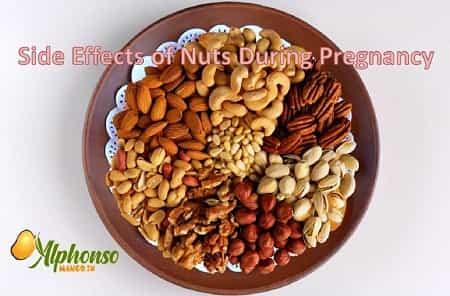
Side Effects of Nuts during Pregnancy
By Prashant Powle
Side Effects of Nuts during Pregnancy Nuts are a healthy and nutritious snack for most people, including pregnant women if you are allergic to nuts before pregnancy. However, a few...
are nuts good for a pregnant woman
are nuts good for you while pregnant
are nuts good to eat in pregnancy
are nuts healthy during pregnancy
benefits of eating nuts during pregnancy
dry fruits during pregnancy
eating dry fruits in third trimester
eating nuts in first trimester
eating nuts in third trimester
food during pregnancy
how many nuts a day in pregnancy
how much nuts should a pregnant woman eat daily
is it safe to have nuts during pregnancy
nut during pregnancy
Nuts during pregnancy
nuts during pregnancy second trimester
pecan nuts safe during pregnancy
should you avoid nuts when pregnant
side effects of almonds during pregnancy
side effects of betel nut during pregnancy
side effects of cashew nuts during pregnancy
side effects of cashew nuts in pregnancy
side effects of eating almonds during pregnancy
side effects of eating betel nut during pregnancy
side effects of eating cashew nuts during pregnancy
side effects of eating nuts during pregnancy
side effects of nuts during pregnancy
side effects of pumpkin seeds during pregnancy
side effects of walnuts during pregnancy
types of nuts to eat during pregnancy
what are the nuts good for pregnancy
what are the nuts to eat during pregnancy
what nuts are bad for pregnancy
why are nuts good for pregnancy
why should you not eat nuts when pregnant
Read more
